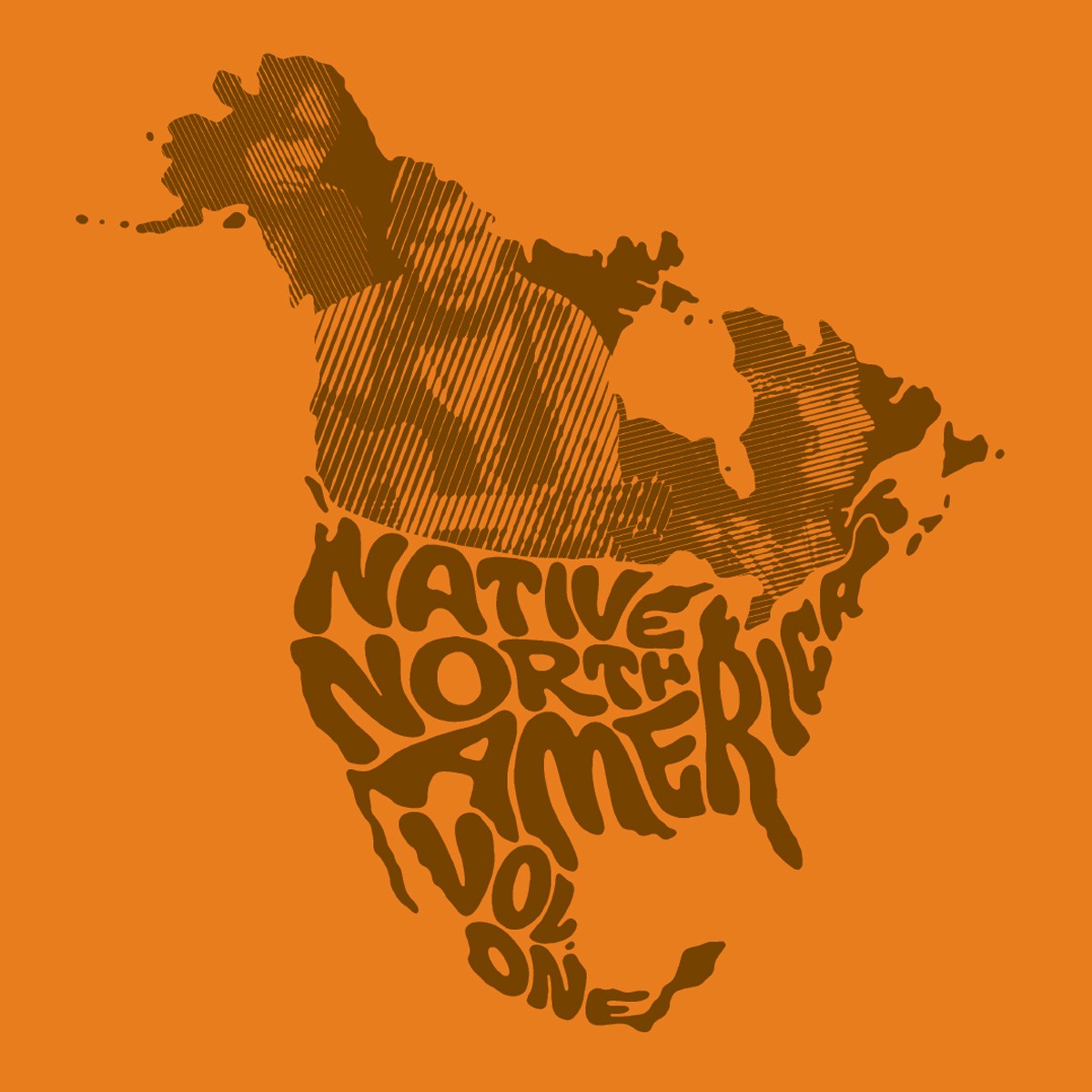Roughly six years ago, former Memphian Jameson Schwieger was thumbing through the cassette bin at a thrift store on Summer Avenue. Along the way, one item in particular — an obviously homemade tape by the largely unknown local gospel/blues artist Johnnie Frierson — caught his eye.
“I went there a few times and bought random tapes,” says Schwieger, who is now a professional DJ and record dealer in Mankato, in addition to being a borderline obsessive record collector. “Because I buy so many random tapes, I actively chose not to buy this particular one.”
Instead, Schwieger chose to place the tape “on display” in a prominent position on the shelf, so that someone else might purchase it. But when he returned a few months later, it was still sitting where he left it.
“I saw it exactly where I placed it and knew I needed to buy it,” he says. “I can’t believe I ever thought twice about spending 50 cents for it.”
And that’s because when Schwieger got Have You Been Good to Yourself home and listened to it, he instantly realized he’d struck gold.
“On first listen I was amazed,” he says. “When you are digging that deep, this is exactly what you look for. Pure soul music.”
For those who don’t know, Johnnie Frierson was a longtime, hard-working Memphis musician who passed away in 2010. As a member of the Drapels, along with Marianne Brittenum, Wilbur Mondie, and his little sister, Mary Frierson — later to be known as Wendy Rene — he got his real break, cutting two largely unheard singles for Stax in the early ’60s. Neither really caught on, but the Friersons and company did. The group provided backing vocals on cuts by Otis Redding and Carla Thomas, and Frierson penned songs for the Soulful Seven, Ollie & the Nightingales, and his kid sister.
Frierson also did some work at Willie Mitchell’s Royal Studios, even (credited as James Fry) fronting the legendary Hi Rhythm Section for the single “Tumbling Down,” which was released on Hi Records in 1968. But in 1970, Frierson was drafted into the United States Army and sent to Vietnam. By all accounts, the experience changed him, and not for the better — he struggled with mental health issues for the rest of his life.
Throughout the rest of his career, Frierson worked more sporadically. His last major project was a short-lived gospel group called Whole Truth, which he formed in 1975 with a pair of friends from high school. After that, he essentially worked musical odd jobs — he gigged around occasionally, sometimes sitting in with the Blues Alley Orchestra, hosted a gospel show on WEVL, and distributed his homemade cassette tapes (some released under his given name, some under the name Khafele Ajanaku).
A few years after discovering that copy of Have You Been Good to Yourself, Schwieger was working behind the counter at Shangri-La Records when a mutual acquaintance introduced him to Light in the Attic Records’ founder Matt Sullivan. (Light in the Attic is an imprint known for re-releasing lost and/or forgotten treasures. In 2012, the label was responsible for issuing a tremendous anthology on Frierson’s sister Wendy Rene.) Sullivan and Schwieger hit it off, and the two made plans to hang out and listen to records later back at Schwieger’s house.
“Jameson pulled out his cassette of Have You Been Good to Yourself, and everything changed,” Sullivan says. “[I was] mesmerized. I was immediately hooked.”
From there, it took very little convincing to get Sullivan and Light in the Attic behind the seven-song album, which was transferred and re-mastered from Schwieger’s single cassette copy for worldwide release on August 19th. It will mark the first time the material has been available on LP or in digital formats.
“No doubt this is one of my favorite things in our catalog,” Sullivan says. “It’s one of those special albums where you feel like you’re in the room with the man, almost eavesdropping on an incredibly personal moment. He’s singing from the bottom of his heart and soul. Personally, it doesn’t get better than this.”
To celebrate the re-release of Have You Been Good to Yourself, Shangri-La Records is staging a free, in-store listening party this Friday from 5:30 to 6:30 p.m., hosted by local writer and Brooks Museum Associate Curator Andria Lisle. Lisle, who wrote the liner notes for both the Wendy Rene and Johnnie Frierson Light in the Attic releases, is as avid a supporter of Frierson’s music as anyone.
“Jameson scored big-time when he found this cassette. I got chill bumps listening to it for the first time, and still get [them],” she says. “Johnnie’s home recordings are so laid-back, yet so commanding. Matt and I talk quite a bit about other cassettes that Johnnie recorded and self-released in the 1990s. They’re out there somewhere!”
Have You Been Good to Yourself is out on Friday, August 19th.
